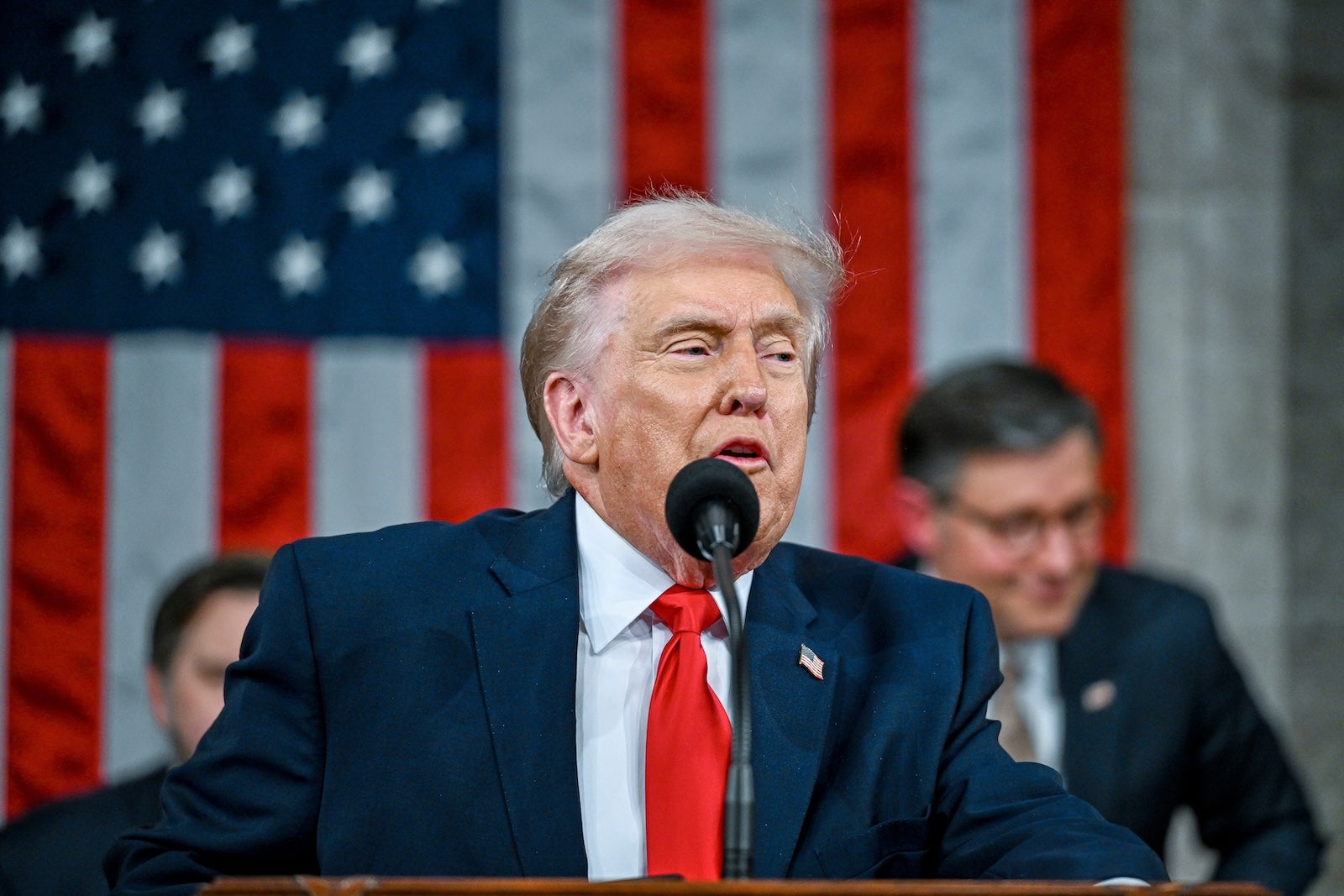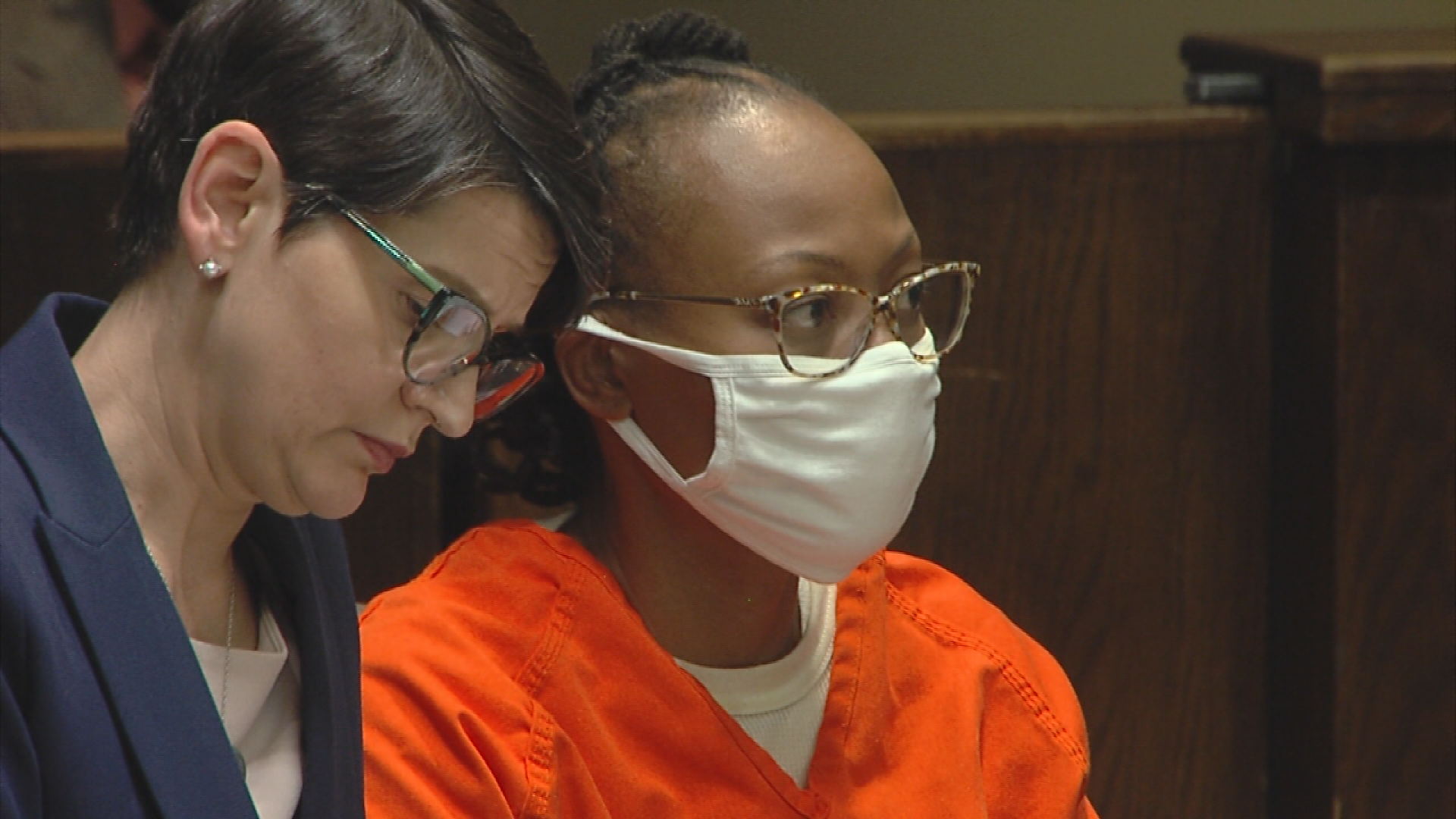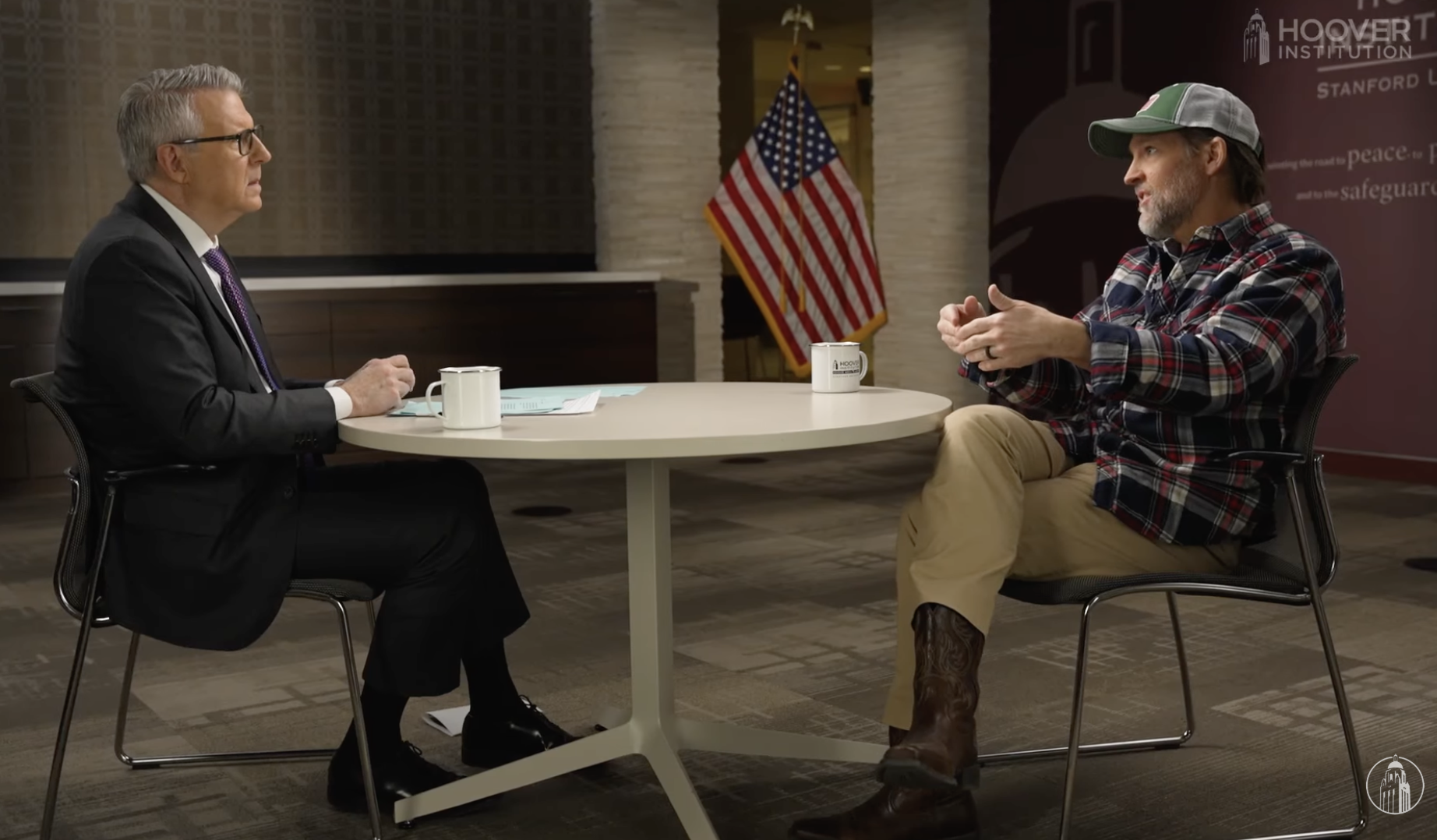UNITED STATES: Supreme Court Hears Conversion Therapy Case
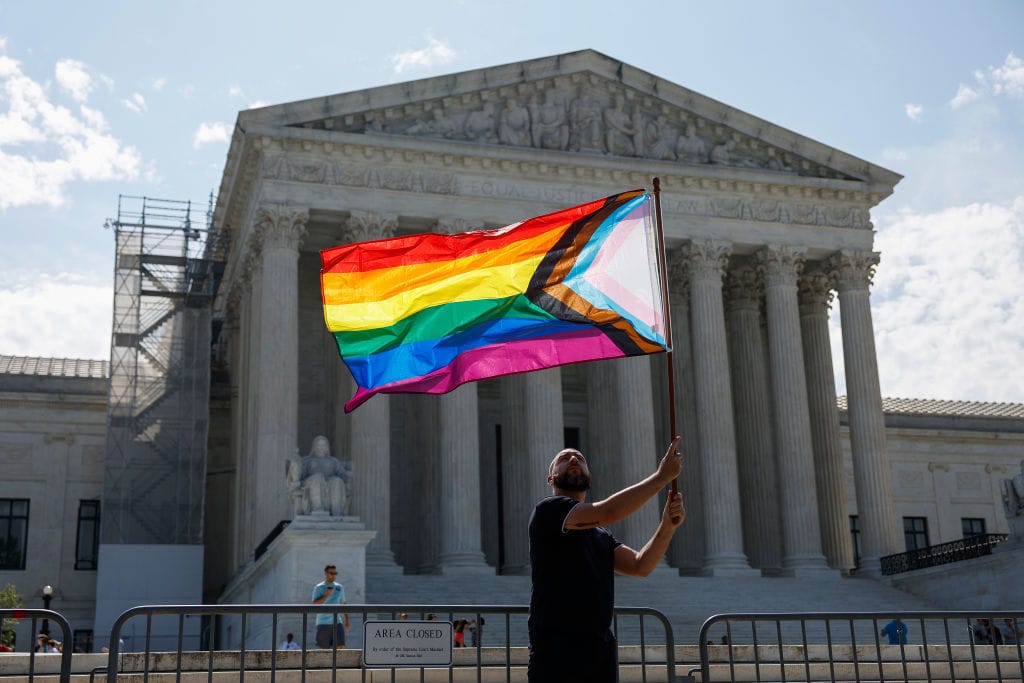
On October 7, 2025, the U.S. Supreme Court heard oral arguments in a case challenging Colorado's conversion therapy ban. Evangelical therapist Kaley Chiles filed the lawsuit, arguing the state law violates her First Amendment free speech rights by prohibiting counseling that addresses unwanted same-sex attraction.
Christianity Today reported the case as a significant test of religious freedom and professional speech. Chiles, a licensed professional counselor in Colorado, challenges the law's prohibition on "conversion therapy," which Colorado defines broadly to include any counseling practice seeking to change or reduce a person's same-sex attraction or gender identity.
The Colorado law, passed in 2019, applies to licensed mental health professionals working with minors. It imposes professional sanctions, including license suspension or revocation, on therapists who engage in prohibited practices. Chiles argues the law prevents her from providing counseling consistent with her religious beliefs to clients who voluntarily seek such services.
Alliance Defending Freedom represents Chiles in the case. ADF attorneys argue the law constitutes viewpoint discrimination, permitting therapists to affirm and support clients' LGBT identities while prohibiting counsel that conflicts with those identities. They contend the law violates both free speech and free exercise of religion.
Colorado defends the law as consumer protection, arguing conversion therapy practices harm minors and lack scientific support. The state claims professional licensing allows regulation of harmful practices regardless of underlying beliefs. Twenty-two states and numerous municipalities have enacted similar bans.
The case represents one of several this Supreme Court term involving LGBT rights and religious liberty. Observers expect the conservative-majority court to rule narrowly, though the decision could have broader implications for professional licensing, religious freedom, and parental rights.
Oral arguments revealed the justices' concern with defining conversion therapy, distinguishing coercive practices from voluntary counseling, and balancing state interests in protecting minors with constitutional protections for speech and religious exercise.
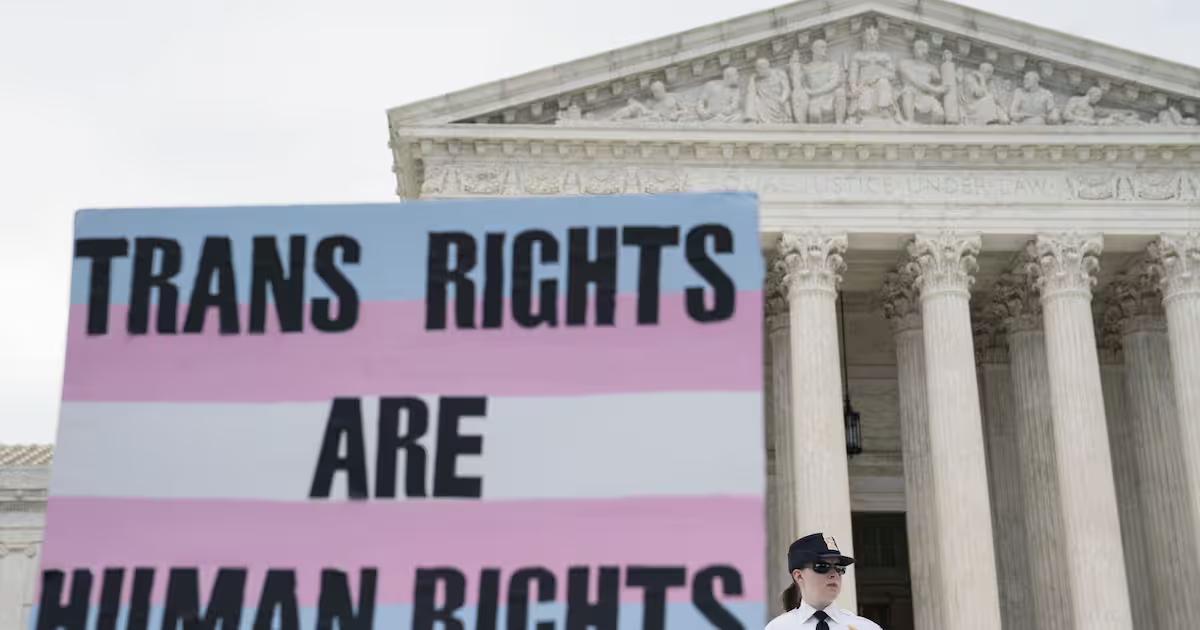
THE CRUSADERS OPINION
The Chiles case tests whether America will permit Christians to operate in professional spaces according to biblical convictions or mandate ideological conformity as condition for licensure. This isn't about "conversion therapy" as popularly caricatured; it's about whether the state can criminalize offering hope to people experiencing unwanted same-sex attraction.
Colorado's law reveals the game: therapists can affirm LGBT identities, celebrate transitions, and encourage sexual experimentation, but offering alternative perspectives, supporting clients who want to align behavior with religious beliefs, or exploring underlying causes of gender dysphoria becomes professional misconduct. This isn't client protection; it's ideological enforcement.
The "harm" argument is particularly dishonest. Actual abusive practices like electroshock therapy were already illegal under existing laws prohibiting assault and malpractice. What Colorado bans is talk therapy, counseling, and prayer with willing clients. If such conversations cause harm, why doesn't the same logic ban therapists from encouraging medical transition for gender-dysphoric teens, which involves permanent bodily changes based on adolescent self-diagnosis?
Consider the double standard: if a teenage girl says she's really a boy, therapists must affirm and facilitate transition or face accusations of harm. But if that same teen says she experiences unwanted same-sex attraction and seeks help living according to her faith, suddenly the identical therapeutic relationship becomes illegal conversion therapy. The inconsistency reveals the agenda: not protecting vulnerable people but enforcing LGBT ideology.
For Christian unity, this case matters across denominations. Catholic, Orthodox, Reformed, evangelical, and Pentecostal traditions all teach that sexual expression belongs within heterosexual marriage. When the state criminalizes counseling consistent with this teaching, all Christians face threat. Professional Christians, therapists, counselors, teachers, and social workers, must be able to practice their professions without violating conscience.
The Supreme Court's decision will signal whether religious Americans can participate fully in professional life. A ruling for Colorado suggests increasing marginalization: Christians may believe what they wish privately but must check those beliefs at the office door. A ruling for Chiles affirms that First Amendment protections extend beyond worship services into professional practice.
Pro-Christendom thinking recognizes what's at stake: whether American pluralism permits diverse viewpoints or mandates secular progressive orthodoxy. The liberal democratic tradition emerging from Christendom protected religious conscience and allowed communities to order internal life according to transcendent truth claims. Colorado's law inverts this, asserting state authority to dictate acceptable therapeutic approaches and criminalize dissent.
Western Christians must understand this case's strategic importance. Winning preserves space for Christian professionals; losing accelerates marginalization. If the Court upholds Colorado's law, expect similar legislation nationwide, extending beyond therapy to teaching, medicine, and other licensed professions. Christian doctors who won't perform abortions or facilitate transitions will face license revocation. Christian teachers who won't affirm gender ideology will face termination. The trajectory is clear and must be resisted now.


